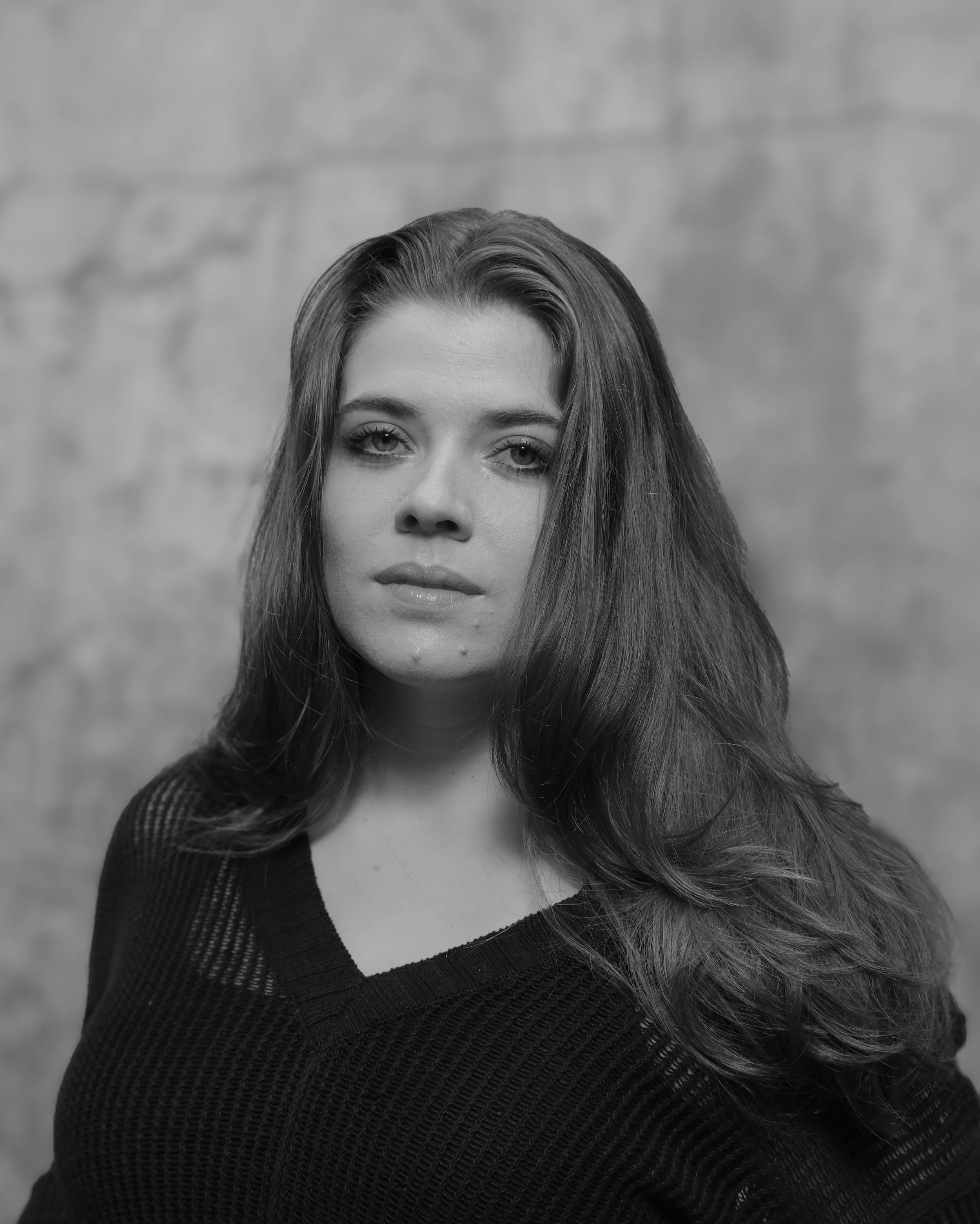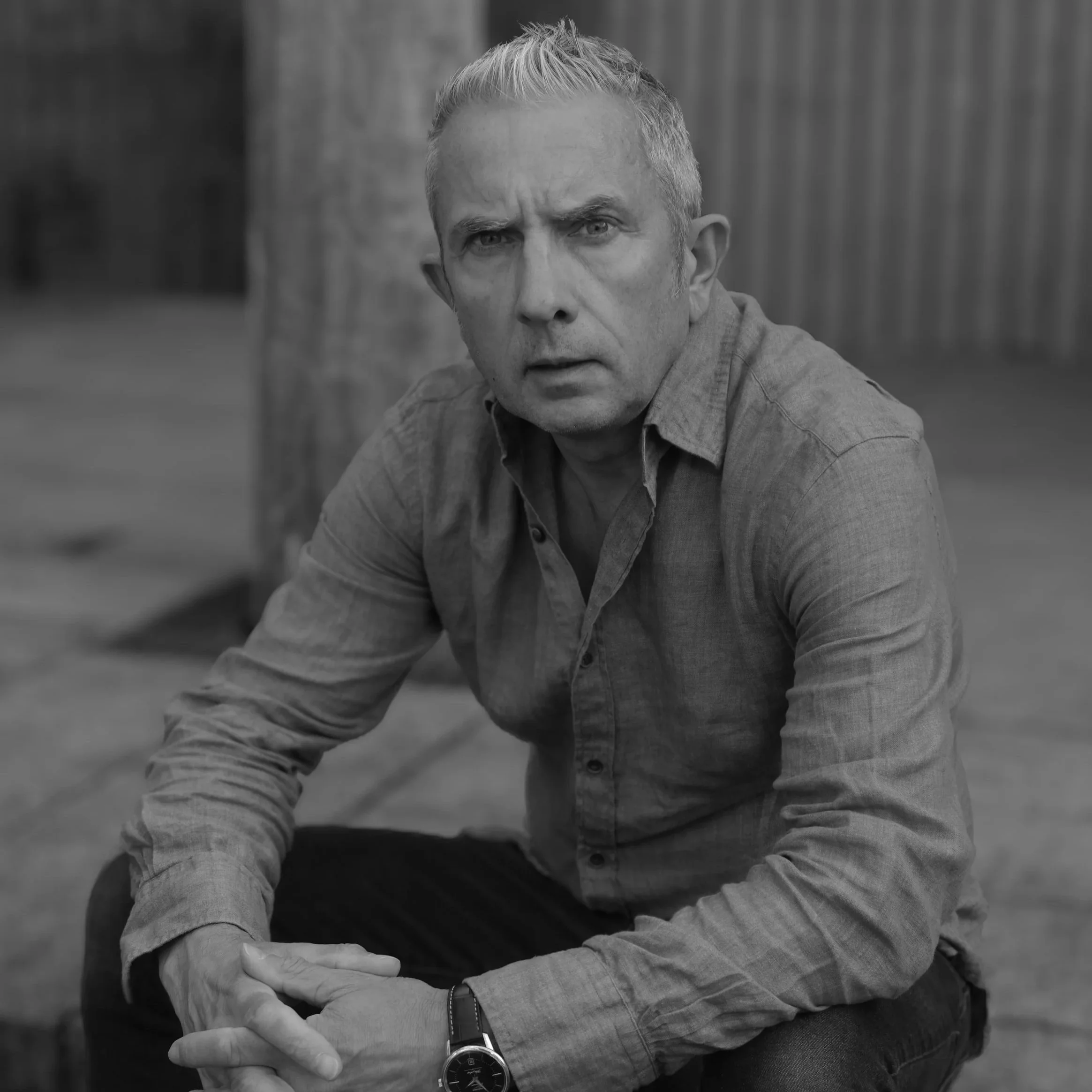
16th - 20th September
〰️
16th - 20th September 〰️
The Actors Pulse Playhouse
〰️
The Actors Pulse Playhouse 〰️

A GIRL BURIES HER BROTHER. THE STATE CALLS IT TREASON.
Burial becomes nomos. Grief becomes atē.
This Antigone doesn’t translate — it cracks language open.
What’s the story?
After a brutal civil war, the new king declares that one of the dead — Antigone’s brother — must remain unburied. Antigone refuses. She covers his body with earth, knowing it may cost her life.
What follows is a clash between law and loyalty, family and the state. A sister is condemned. A king loses control. No one escapes unscathed.
Why Ancient Greek?
Some parts of the play can’t be fully expressed in English. We’ve kept certain words in the original Greek—not to be obscure, but because their meanings don’t have neat translations. The world of Ancient Greek tragedy is strange and alive. We’ve kept that texture, while still telling a clear, gripping story.
What’s up with the giant, glowing gates?
It’s from a story by Kafka. A man comes to a gate, seeking the law. A guard tells him he can’t enter—not yet. The man waits his whole life. Just before he dies, he asks why no one else ever came. The guard says: “This gate was made only for you.” Then he closes it.
What is law? Who is the man before the law? Who are we before the law?
Where three roads meet: Auslan, English, and Ancient Greek.
What if I don’t understand Ancient Greek?
Don’t worry—Greek is used sparingly, only where no English equivalent exists. The show speaks many languages at once: English, Auslan, Greek, and gesture. You’re never left behind. In fact, this mix might open up meaning in unexpected ways.
Meet the cast
〰️
〰️
James, an actor from Queensland, has worked with the AUSTRALIAN THEATRE OF THE DEAF and toured all around Australia with them, performing in THEATRE-IN-EDUCATION shows aswell as a ‘manservant’ in SIGNARELLE at BELVOIR ST THEATRE, Sydney.
“What this means to me personally as a Deaf performer is the joy I have from being involved in a production that is open to a deaf community. There are not a great deal of opportunities for deaf performers so this is a like a door opening for me in the world of theatre. To be able to sign as Teiresias, I hope to convey a deeper portrayal of the character and the truths that this prophet tells as it is, which may not be comfortable truths. Auslan by nature can be a very honest and visual language. What a better way to deliver the truths conveyed by Teiresias?"
“It is crucial that plays are staged in Auslan, especially now in this day and age, because inclusivity, access and equality are paramount. The Auslan signing community is not just made up of deaf people but also their families, friends, Auslan students and Auslan interpreters. This is a rich, vibrant community seeking access to theatre that they can understand. To provide Auslan in plays opens up the gates for them to come and appreciate theatre just like anybody else. Also, by having Auslan in plays gives out the meaning to the wider community, inclusivity, accessibility and equality matters! Diversity is also highlighted when we stage Auslan in plays.”

Cast Interviews
-
Naomi Belet

-
Warren Paul Glover

-
Adam Lee

-
Daniel Saunders

Features
-
We don’t translate to smooth over meaning — we translate to expose its fracture.
This version of Antigone retains key Greek terms (nomos, atē, phronēma) where English fails to carry their weight.
The result is not just a script, but a language experiment: precise, poetic, and disobedient.
Words remain jagged, syntax resists flow — like grief, like guilt, like a body not yet buried.
Audiences are invited not to decode, but to dwell in what’s left unresolved.
We aren’t updating Sophocles. We’re returning to the ancient text to see what still haunts the present.
This is not a translation that makes the strange familiar.
It lets the familiar grow strange.
We keep the Greek — not to mystify, but to remind you: some concepts don’t submit to clarity.
They demand to be felt. -
When words falter, the body continues.
Our staging uses gesture — drawn from Brechtian gestus, ritual movement, and choreographic echoes — to make visible what language cannot contain.
Gesture replaces explanation. It holds contradiction.
It draws the audience into an embodied experience of law, loss, and resistance.
We borrow from ancient rites and everyday habits alike — a shrug, a burial, a breath held too long.
These gestures are not illustrative. They’re declarative.
They reveal power structures, social roles, and emotional logic — even when speech is withheld.
In a play about silence, gesture becomes survival.
It allows actors to speak with and against the text.
It invites the audience to watch not just what is said, but what is risked. -
Auslan (Australian Sign Language) is not an add-on — it’s part of the dramaturgy.
In our production, Auslan is integrated into the fabric of performance: woven through ritual, rhythm, and the fragmentation of speech.
It makes visible the gaps in translation — between languages, between people, between the living and the dead.
The signing actor is not a translator, but a co-performer.
Auslan becomes a second text: physical, visual, poetic.
It reveals hidden tensions and emphasises silence as an active force.
Audiences who sign may notice layers others miss — and vice versa.
This is a shared space, but not a uniform one.
We believe that access can shape form.
And that Deaf culture brings new meaning to a play obsessed with speech, silence, and refusal.
Stalk Us…
16th - 20th September
BOOK
NOW
@SydneyDramaturgical
The Actors Pulse Playhouse













